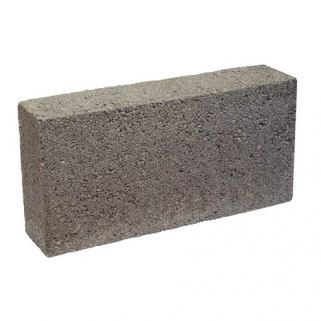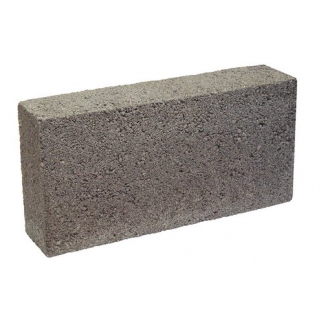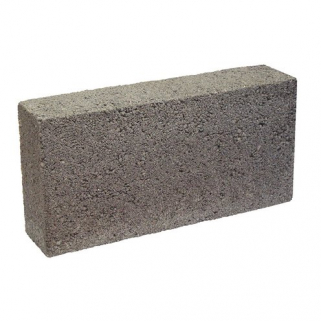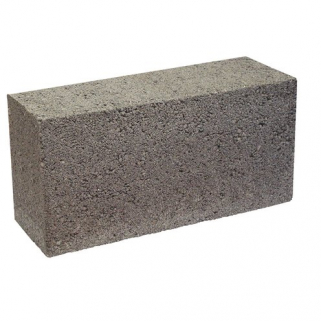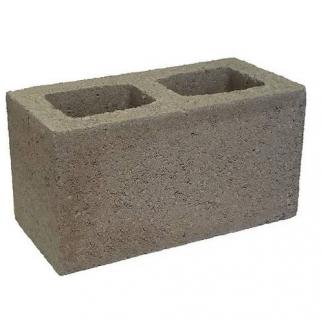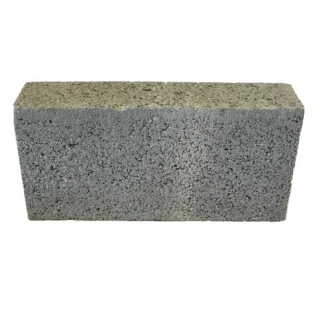Branches
Concrete Blocks
For decades, bricks have been used in masonry constructions. However, concrete blocks are changing that narrative and are slowly replacing bricks in most masonry constructions, especially in multi-storeyed structures. Concrete building blocks come in three main types: cellular, solid, and hollow concrete blocks. Our current range includes 215mm Hollow Concrete blocks and 100mm concrete blocks, 140mm blocks and they are available in Solid and Medium Density.
Searching for a high-quality concrete block we've got you covered. Our blocks are produced by a well-known global manufacturer, so our clients can be rest assure that our building materials have top quality.
If you are planning to use concrete building blocks in your project, it would be advisable to learn more about these building materials, especially their applications and what you stand to gain by using them (benefits).
What Are Concrete Blocks?
A concrete block, also called a concrete masonry unit (CMU), is principally utilised as a building material in wall construction. It is one among many prefabricated concrete products utilised in masonry construction. The term fabricated/ precast is used because these blocks are engineered and hardened before being delivered to the construction site.
Generally, whether they are meant for domestic use or concrete blocks for sale, the blocks are normally made in large sizes. This facilitates the production process and ensures less cement is consumed in joints as compared to brickwork. If the voids take over 25%, then those are hollow concrete blocks, but if the voids are below 25%, those are perforated blocks.
Cellular blocks aren't so different from aerated blocks, and that is why sometimes they are called lightweight aerated concrete blocks. They are commonly utilised in non-loadbearing walls and compound walls.
Hollow concrete blocks UK are engineered explicitly for loadbearing walls. The blocks can also incorporate sand and cement (cement-sand blocks) or soil and cement (soil-cement blocks). However, these two types are relatively cheap and offer low strength.
Benefits of Concrete Blocks
Here are the advantages of using concrete building blocks:
• Hollow concrete blocks UK are lightweight and therefore easy to handle.
• They are eco-friendly since hollow blocks the ingredients can be replaced by waste products such as fly ash.
• Offers design flexibility. Whatever design you need, your architect can create it. These blocks offer great flexibility, and their strength implies you can construct anything you want, from multi-storeyed buildings to single floors, and include all kinds of accents such as arches and pillars.
• There is a significant saving in the constituents use.
• Hollow concrete blocks are extremely durable and have low maintenance costs since they don't have an efflorescence effect. This means your building will remain attractive for so long with little maintenance.
• Since they are made in large sizes, the masonry joints are fewer, and this saves mortar.
• In the hollow concrete blocks UK, there is hollow space inside. This contributes to improved insulating properties against dampness, heat, and noise.
• Concrete block cost is lower compared to brick masonry walls.
• It doesn’t need dressing because the construction work is fast.
• Concrete blocks don’t need any finishing work such as plasterwork since it balances the fluctuations in atmospheric conditions easily.
• Concrete building blocks have an enhanced quality compared to burnt clay bricks.
Applications of Concrete Blocks
• Concrete building blocks are utilised in load-bearing structures, office buildings, tall buildings, low-rise residential, warehouses, shelter units for rural housing, institutional structures, bungalows, office buildings, etc.
• It is utilised in frame structures, for example, high-rise residential apartments, hospitals, motels/hotels, office buildings, market premises, etc.
• Utilised as ground-level units like backyard, walkways, pavements, interlocking paving blocks for traffic movement areas such as train and bus stations, kerbstones, fuel stations, exhibitions areas, etc.
•Hollow concrete blocks are also utilised in specific areas such as backyard plantations and tree guard blocks.
Our current range offers high-quality building materials for any type of construction project. Before choosing the type of blocks you would like to purchase please review the above-mentioned points for the optimal choice.
Along with the block selection, we also have the whole supply of essential building materials that will be required in the block laying processes, such as building sand, cement, wall reinforcement, wall ties and DPC rolls to name a few. Just browse our range online or simply call 01708985022 or email at [email protected] and our friendly customer service team will be able to assist you in the selection process.

